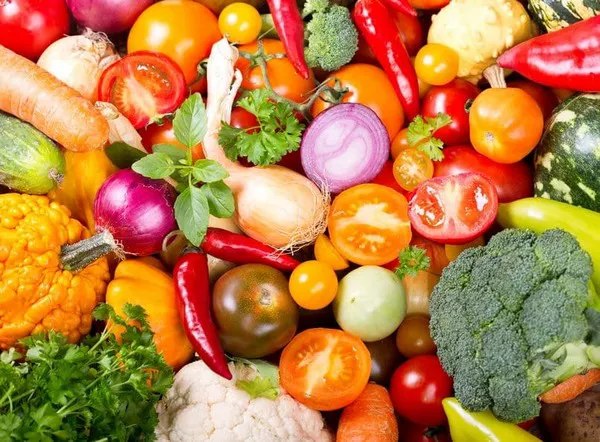Protein is a fundamental nutrient that plays a crucial role in maintaining various bodily functions and supporting overall health. As more women recognize the importance of protein intake in their diets, protein powder has become a popular dietary supplement. In this article, we explore the question: What does protein powder do for a woman? Delving into its benefits and considerations, we shed light on how protein powder can contribute to a woman’s health, fitness, and well-being.
1. Muscle Repair and Growth
Post-Exercise Recovery
Protein powder is widely recognized for its role in muscle repair and growth. After engaging in physical activities, especially resistance training or high-intensity workouts, muscles undergo micro-tears. Protein intake supports the repair of these muscle fibers, aiding in quicker recovery and reducing muscle soreness.
Lean Muscle Development
For women aiming to build lean muscle mass, protein powder can provide a convenient source of high-quality protein. Adequate protein intake, combined with regular strength training, promotes muscle development while helping to maintain a healthy body composition.
2. Weight Management and Appetite Control
Satiety and Fullness
Protein-rich foods have a satiating effect, helping to curb appetite and promote a feeling of fullness. Including protein powder in meals or as a snack can contribute to better appetite control, potentially reducing overall calorie intake.
Metabolism Boost
Protein has a thermic effect, meaning it requires more energy to digest and absorb compared to carbohydrates or fats. This can slightly increase the metabolic rate, supporting weight management efforts.
See Also: Timing Protein Powder Consumption for Weight Loss: A Simple Guide
3. Meeting Nutritional Needs
Convenience and Nutrition
Protein powder offers a convenient way for women to meet their daily protein needs, especially when dietary restrictions, busy schedules, or specific preferences make it challenging to obtain sufficient protein from whole foods alone. It provides a concentrated source of protein, vitamins, and minerals.
Vegan and Vegetarian Options
For vegan or vegetarian women, plant-based protein powders derived from sources like peas, rice, or hemp can be valuable supplements to ensure adequate protein intake. These options offer an alternative to animal-based protein sources.
4. Support During Pregnancy and Postpartum
Pregnancy Nutrition
During pregnancy and lactation, protein requirements increase to support fetal development and milk production. Protein powder can serve as a convenient way to supplement protein intake and meet these elevated needs, especially when nausea or other dietary challenges arise.
Postpartum Recovery
After childbirth, protein is essential for tissue repair and recovery. Protein powder can be beneficial for postpartum women, especially when adjusting to new schedules and demands.
5. Considerations and Guidelines
Personal Goals and Needs
The appropriate use of protein powder depends on individual goals, activity levels, and health status. Consulting a healthcare professional or registered dietitian can help determine the right amount of protein and the best type of protein powder for a woman’s specific needs.
Quality and Ingredients
When selecting protein powder, it’s essential to choose products with high-quality ingredients and minimal additives. Reading labels and choosing options with minimal sugars, artificial flavors, and fillers is recommended.
Allergies and Sensitivities
Women with allergies or sensitivities to dairy, soy, or other ingredients should opt for protein powders that align with their dietary restrictions. Plant-based options are often suitable for those with common allergies.
Conclusion
In conclusion, protein powder can offer valuable benefits for women, including supporting muscle repair, lean muscle development, weight management, meeting nutritional needs, and aiding during pregnancy and postpartum. As a versatile and convenient supplement, protein powder can help women achieve their health and fitness goals. However, it’s crucial to consider personal goals, dietary preferences, and individual health status when incorporating protein powder into a diet. By making informed choices and seeking guidance from healthcare professionals, women can harness the benefits of protein powder to enhance their overall well-being and lead a healthier lifestyle.

